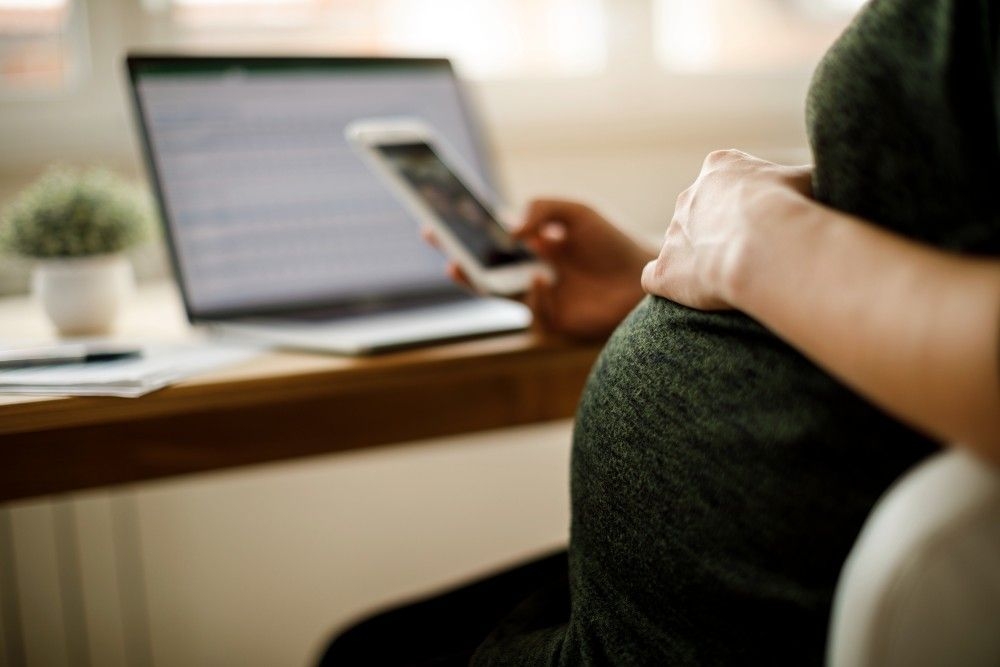Call us today on +44 7897 035438
Egg freezing and birth control
Family planning encompasses the reproductive choices you are making now and the preparations you are making for the future. Understanding whether you can freeze your eggs while on birth control can help you navigate your journey.

If you aren’t ready to become a parent yet, then you may be using contraception to prevent pregnancy. However, if you want children at a later date and are looking into egg freezing, you might be wondering whether you can undertake a cycle while using birth control.
In this article, we explain what birth control is, outline the types available, and explore how birth control works. We then look at specific forms of birth control and discuss their impact on the egg freezing procedure.

What is birth control?
Birth control, also known as contraception, is a term that describes medications, devices, or surgery that are used to prevent pregnancy. There are many types of birth control and while the effects of many only last for as long as they are used or are reversible, there are other permanent types.
Types of birth control
There are numerous types of birth control. Their effectiveness at preventing pregnancy, the way they work, and who can use them varies depending on the type. Types of contraception include:
Oral contraceptives (the pill)
Contraceptive patches
Contraceptive implants
Intrauterine devices (IUDs)
Hormonal injections
Vaginal rings
Condoms
Diaphragms and caps
Sterilisation (tubal litigation and vasectomy)
How does birth control work?
How birth control works depends on the type being used. Barrier methods, such as condoms, and diaphragms and caps, create a physical barrier that prevents an egg and sperm from meeting and also protect you against sexually transmitted infections (STIs).
Intrauterine devices (IUDs) work by creating an environment in the uterus that inhibits an egg from embedding in the uterine lining.
Other forms of birth control, including the pill, patch, implant and injection, function by altering hormone levels in the body to prevent pregnancy. This can be achieved through various methods such as preventing ovulation, thickening your cervical mucus to impede sperm movement, or thinning your uterine lining to discourage implantation of a fertilised egg.
With female sterilisation, the fallopian tubes are clipped in a minor operation. This stops eggs from being able to travel from the ovaries into the womb, meaning that sperm can’t fertilise them.
Can you freeze eggs while on birth control?
This depends on the type of birth control you are using. It is possible to undergo egg freezing when using certain forms of birth control. However, for others, you will need to stop using the contraception before and/or while you undergo your egg freezing cycle. Generally, if it is hormonal birth control that uses oestrogen or progesterone to prevent ovulation, you will need to stop taking this before egg freezing.
Can you freeze your eggs when on the pill?
The pill is the most common form of oral contraception, used by 42% of women in the UK. When taken correctly, it is 99% effective in preventing pregnancy. There are two types of contraceptive pills: the combined pill and the progestogen-only or mini pill.
The combined pill uses synthetic versions of the hormones oestrogen and progesterone to prevent ovulation, thicken cervical mucus and thin the lining of the uterus. The mini pill uses synthetic versions of progesterone to thicken cervical mucus and thin the lining of the uterus.
In an egg freezing cycle, medications are used to increase the number of eggs your ovaries create simultaneously which are then collected before ovulation occurs. As the pill does the opposite, you will need to stop taking it before freezing your eggs. Your consultant may ask you to stop the pill just for your egg freezing cycle or may require you to stop it for one to three months before your treatment.
It is worth noting, however, that for some people, birth control pills are used within an egg freezing cycle to more precisely control the timeline of menstruation and ovulation, and reduce the likelihood of ovarian cysts.
Can you do egg freezing with an IUD?
An intrauterine device (IUD), also known as a coil, is a small, T-shaped device that is inserted into the uterus. Unlike other forms of birth control, it does not use hormones to stop ovulation. Instead, it releases copper which alters the cervical mucus, making it more difficult for sperm to reach an egg and for the egg to survive.
As it does not interfere with your menstrual cycle, it isn’t necessary to remove it prior to an egg freezing cycle and studies indicate that there is no significant difference in egg and embryo freezing results for patients with or without IUDs.
Can you freeze your eggs if you have a contraceptive implant?
The contraceptive implant is a small, flexible plastic rod that is inserted under the skin of your upper arm. It releases progestogen into your bloodstream, preventing ovulation. Due to this, if you have a contraceptive implant, it will need to be removed before you can begin an egg freezing cycle.

Can you do egg freezing if using a contraceptive patch?
As with other hormone-based birth control, the contraceptive patch releases oestrogen and progestogen to prevent ovulation. It is like a plaster that you stick onto the skin, and the hormones on it enter your bloodstream.
To begin an egg freezing cycle, you will need to stop using the contraceptive patch as the way it regulates your natural hormones can interfere with fertility treatment.
Can you freeze your eggs after a hysterectomy or sterilisation?
Most people undergo a hysterectomy, where the womb is surgically removed, for medical reasons such as fibroids, pelvic inflammatory disease, or cancer. After a hysterectomy, you can no longer carry a baby as you don’t have a uterus. However, if your ovaries have not been removed as part of the hysterectomy, your eggs can be collected and frozen so that they can be used in surrogate IVF.
Sterilisation, where the fallopian tubes are clipped, is usually done as a permanent form of contraception. However, you may have changed your mind about becoming a parent. You will not be able to conceive naturally after sterilisation as the path between your ovaries and womb has been blocked but you can still achieve pregnancy through IVF, be it a fresh or frozen embryo transfer.
How long do you need to be off birth control before an egg freezing cycle?
When you stop taking birth control and how long you have to stop taking it for will depend on the type you are using and the unique circumstances of your treatment. When undergoing egg freezing with Apricity, your online consultant will discuss your birth control regimen with you and give you instructions on if and when to stop taking it in preparation for your egg freezing cycle.
Should I use any form of birth control during an egg freezing cycle?
If you are required to cease your regular birth control to undergo treatment, it’s important to use an alternative, non-hormone-based contraception when having sex. This is because there’s a chance that not all the eggs you produce will be collected during your egg retrieval procedure and having unprotected sex during this time could increase the chance of becoming pregnant.
If you want to know more about how to freeze your eggs, you can speak to an Apricity Advisor. They’ll answer any questions you might have, tell you about our egg freezing packages and provide you with a personalised quote for treatment. Book your free consultation today.
References

Written by Apricity Team
Helping you stay informedWritten by our group of fertility experts and doctors consultants
Written by our group of fertility experts and doctors consultants
Keep reading
Why Apricity
Preserve Fertility
Fertility Treatments
Egg Donation


Ⓒ Apricity Fertility UK Limited. All rights reserved


